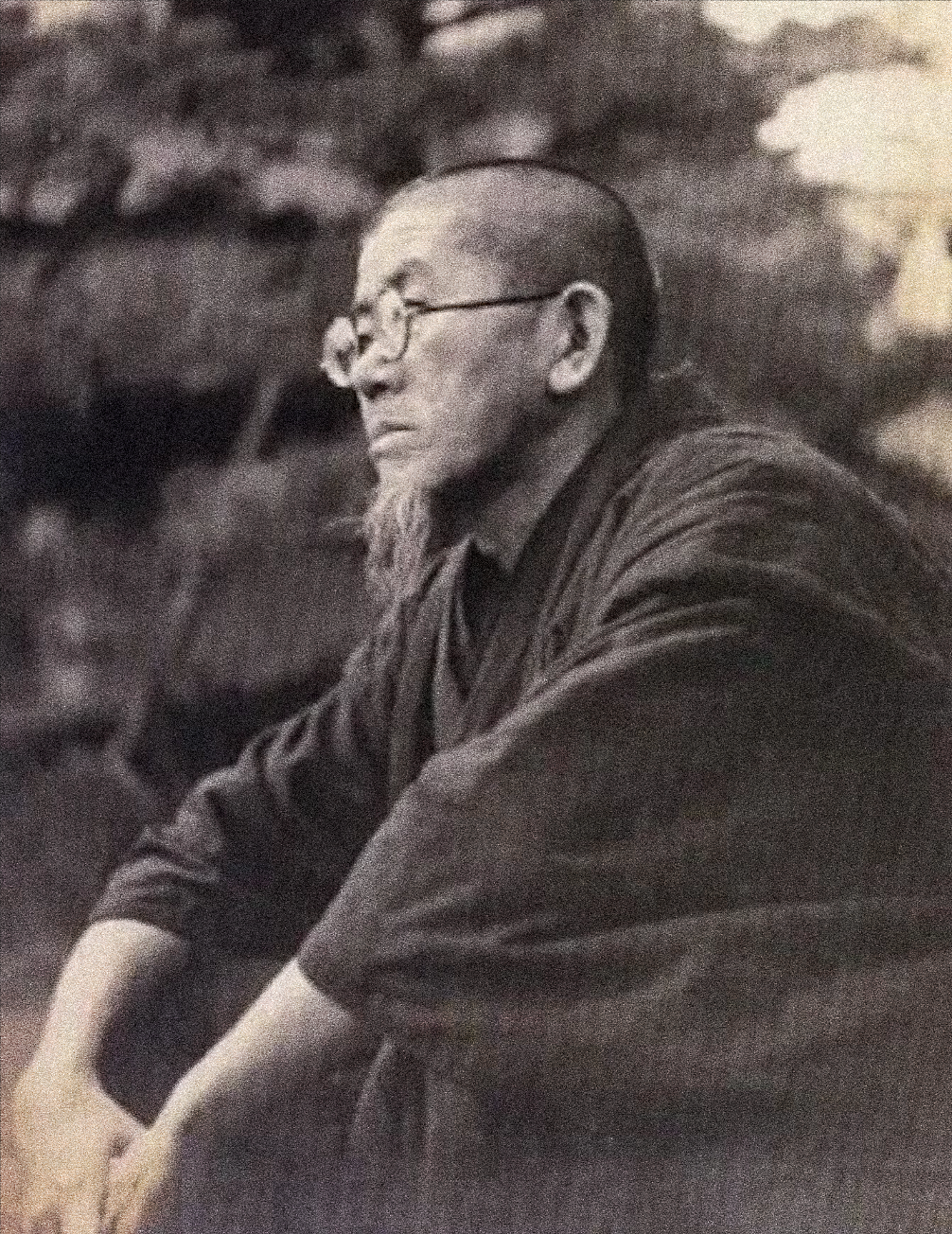
Taneda Santoka (1882-1940) was born on the island of Honshu, Japan. He began his literary career publishing translations of Turgenev and Maupassant in Seinen. In 1911, Santoka joined a local haiku group, and by 1913 he was accepted as a disciple of Ogiwara Seisensui (often regarded as the founder of free-form haiku - shinkeikō 新傾向 - ‘new trend’). Santoka’s resonance with this non-traditional approach is apparent, writing in his journal on December 8, 1936: “Haiku that seem like haiku aren’t bad. But haiku that don’t seem like haiku - that’s what I want these days.” This desire for invention and forward motion is a theme throughout Santoka’s life and poems. After years of wandering, Santoka settled near Matsuyama City, where he died on October 11, 1940.